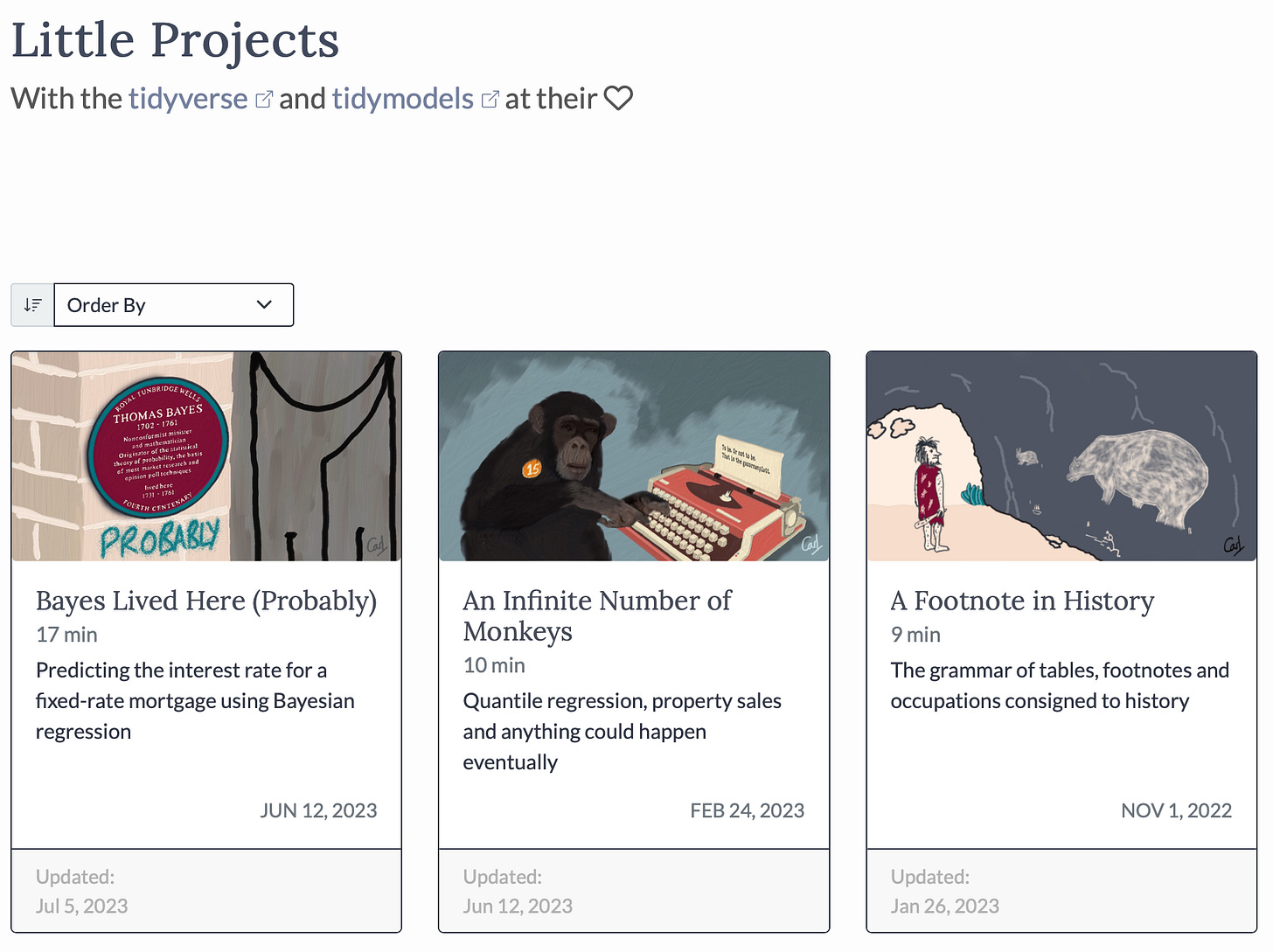This Week's Data Science Gems: assertthat, Quantumjitter, and Practical Deep Learning!
Week 34-2023 [Issue 5.0]
Welcome to The Repo! 🚀
Great work deserves to be shared. Especially in data science.
Each week, I'll curate three gems from the data science community:🗄️ Re: Remarkable Repository 💻 P: Prolific Programmer 🏢 O: Outstanding OrganizationI hope you find them as valuable and insightful as I do.
You can find all recommendations in the GitHub repository at finnoh/repo!
hadley/assertthat
🗄️ Repository | (almost) Python’s assert workflow for unit tests in R
Nothing is more dangerous than having errors and bugs in your code that go unnoticed. I would go so far as to say that the bigger the project, the more devastating are these “silent” killers. Unit tests, help to turn these silent killers into “loud” errors that you can fix.
As opposed to Python, I find the writing of unit tests in R cumbersome. This is where the package assertthat comes into play: Write simple one-liners as your unit tests.
# do we still have all observations?
assert_that(nrow(df) == n)Done. No more headaches.
The package has some more error-catching capabilities, check out hadley/assertthat to find out.
Quantumjitter (Carl Goodwin)
💻 Programmer | Carl Goodwin’s Little Projects are a great pleasure to read
Carl Goodwin did not only build a gorgeous website in Quarto (with his drawings) but also wrote an R package to keep track of all the functions and packages that he uses in his blog posts (the craft!—see cgoo4/usedthese and this post).
He analyzes many interesting datasets in his Little Projects series, from Whale strandings to London housing permits. Two great first articles to look at are A Frosty Deal?, on the sentiment of UK Guardian newspaper articles on the Brexit negotiations, and East-West Drift, an animated PCA analysis of China’s, Russia’s, France’s, the UK’s, and US’s voting patterns in the UN general assembly.
Practical Deep Learning for Coders
🏢 Organization | From zero to the state of the art in Deep Learning—for free!
Last Week, I shared a course that helps you to get started with Reinforcement Learning.
How about a course that get’s you from zero to a hundred on Deep Learning?
If you are simply interested in how to implement Deep Learning models, what they do on a high level, or want to get a broad overview of the field, this course is for you. The course offers Jupyter notebooks (deployed on Kaggle) to recreate the examples, over 40 hours of video lectures, a book, and short summaries—all for free.
“If you are looking for a guide that starts at the ground floor and takes you to the cutting edge of research, this is the book for you. Don’t let those PhDs have all the fun—you too can use deep learning to solve practical problems.”—Hal Varian, Emeritus Professor, UC Berkeley; Chief Economist, Google [fast.ai Testimonals, see here]
If such a resource is not worth sharing, than I do not know what is.
Do you want more curated content?
Each morning, The Sample sends you one article from a random blog or newsletter that matches up with your interests. Kind of like The Repo, but daily. When you get one you like, you can subscribe to the writer with one click. Sign up here.
The Repo grows through support by The Sample.




![R tables, Robotics, and Reinforcement Learning [Issue 4.0]](https://substackcdn.com/image/fetch/$s_!Tnwr!,w_140,h_140,c_fill,f_auto,q_auto:good,fl_progressive:steep,g_auto/https%3A%2F%2Fsubstack-post-media.s3.amazonaws.com%2Fpublic%2Fimages%2F210abf7b-a03d-430d-b984-6df8efcc8e8a_1024x1024.jpeg)
